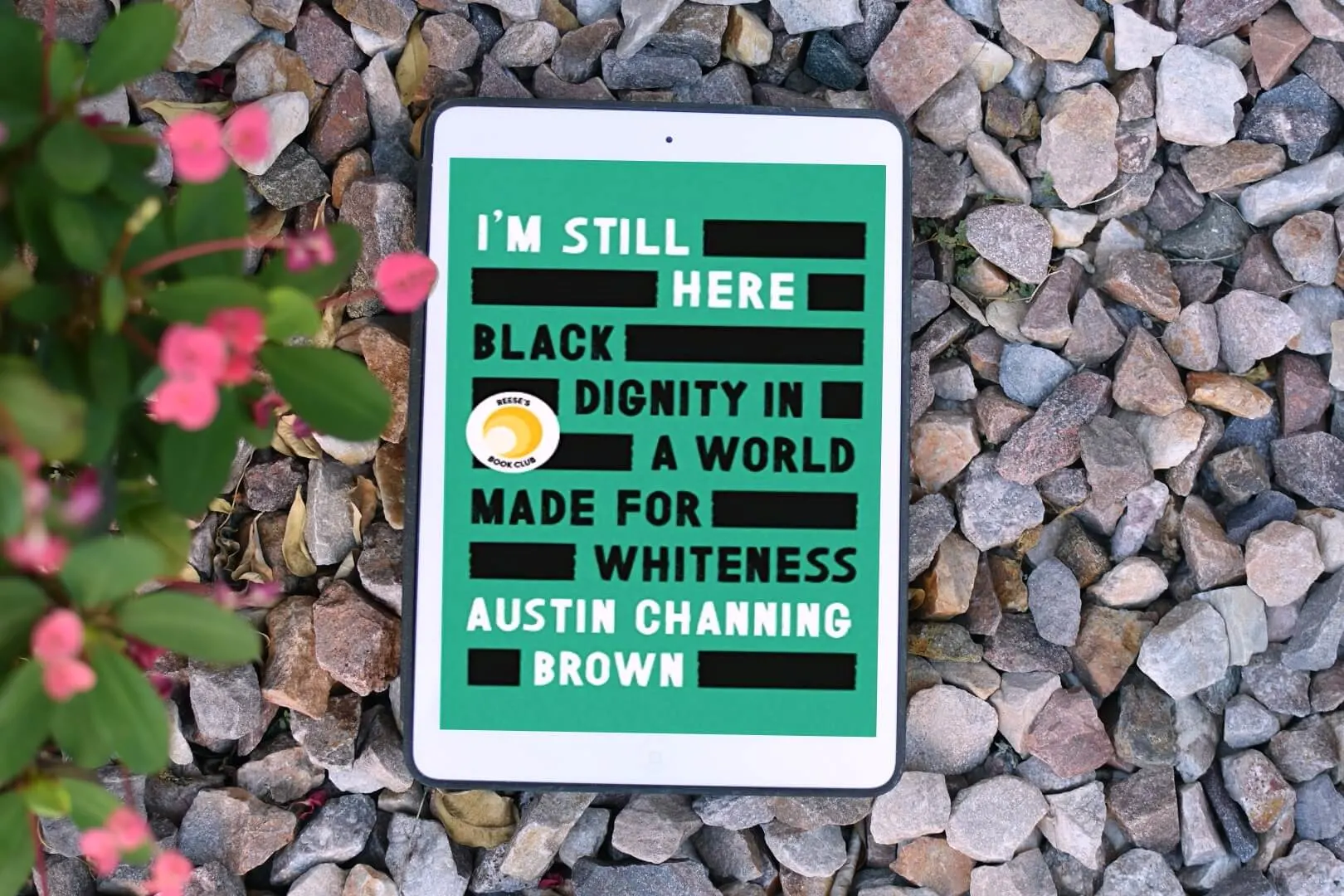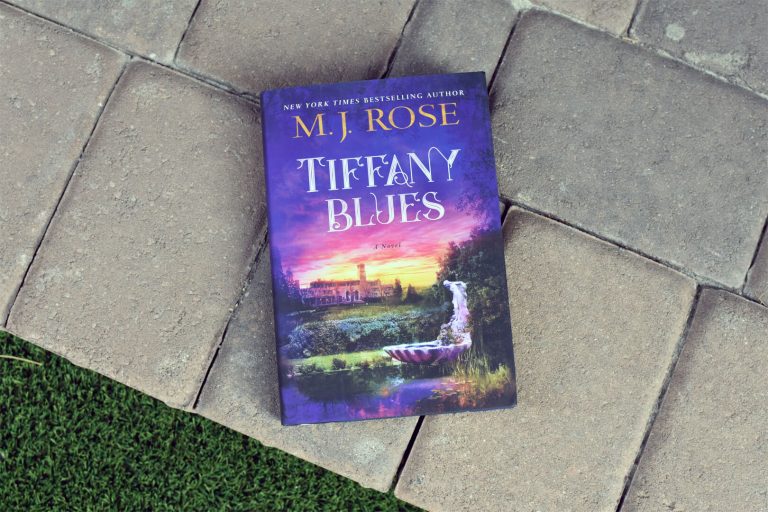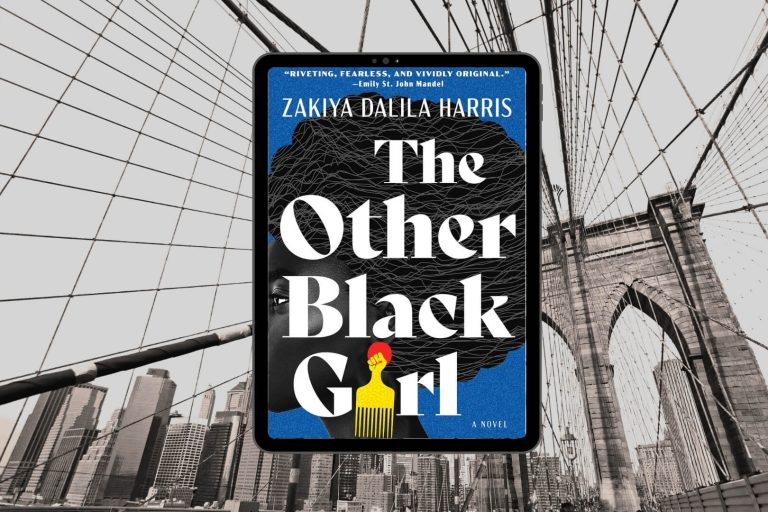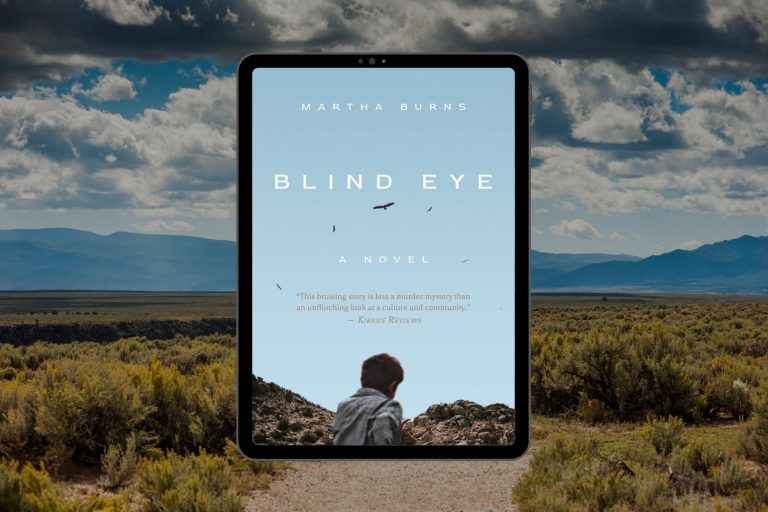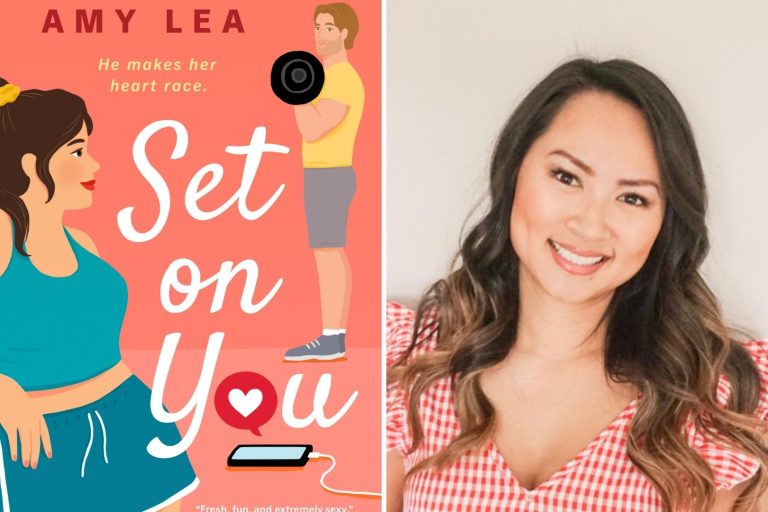Book club questions for I’m Still Here: Black Dignity in a World Made for Whiteness by Austin Channing Brown will cover all the key topics in this impactful memoir. For more of my thoughts about the book, check out my review first.
I’m really happy Reese selected this story for her book club. I learned quite a bit and I really liked Austin’s writing and the way she presented each topic—there’s so many impactful and quotable lines.
Here’s the synopsis:
Austin Channing Brown’s first encounter with a racialized America came at age seven, when she discovered her parents named her Austin to deceive future employers into thinking she was a white man. Growing up in majority-white schools and churches, Austin writes, “I had to learn what it means to love blackness,” a journey that led to a lifetime spent navigating America’s racial divide as a writer, speaker, and expert helping organizations practice genuine inclusion.
In a time when nearly every institution (schools, churches, universities, businesses) claims to value diversity in its mission statement, Austin writes in breathtaking detail about her journey to self-worth and the pitfalls that kill our attempts at racial justice. Her stories bear witness to the complexity of America’s social fabric—from Black Cleveland neighborhoods to private schools in the middle-class suburbs, from prison walls to the boardrooms at majority-white organizations.
For readers who have engaged with America’s legacy on race through the writing of Ta-Nehisi Coates and Michael Eric Dyson, I’m Still Here is an illuminating look at how white, middle-class, Evangelicalism has participated in an era of rising racial hostility, inviting the reader to confront apathy, recognize God’s ongoing work in the world, and discover how blackness—if we let it—can save us all.
Book club questions for I’m Still Here: Black Dignity in a World Made for Whiteness
- Let’s first talk about our initial thoughts as we read this memoir. What surprised you? Did it cause for inner reflection about your own behavior and those around you?
- The memoir was published in 2018 and much has changed in the world since then but the book is still very relevant. Let’s talk about this.
- The first chapter is called White People are Exhausting. Here Austin highlights the origin of her namesake and how white people expect her to act white in many ways. Austin writes: “white people who expect me to be white have no yet realized that their cultural way of being is not in fact the result of goodness, rightness or God’s blessing. Pushing back, resisting the lie, is hella work.” Let’s discuss what she’s saying here.
- Why is so hard for so many white people to talk about race? Why is there this push to pretend that everything is ok when reality there’s still so much racial injustice suffered by the black community every day?
- Do you think things will finally change as a result of the Black Lives Matter protests of 2020?
- In college, Austin took a trip with other students that was a three-day journey down the South exploring Black history. It was an extremely hard trip. On the ride back, the black students talked about their anguish while the white students tried to distance themselves from it. But one white student said: “Doing nothing is no longer an option for me.” Let’s talk about this and how we can apply it to our own lives.
- When talking about working in a culture of professional whiteness, Austin writes: “Whiteness wants enough Blackness to affirm the goodness of whiteness, the progressiveness of whiteness, the openheartedness of whiteness. Whiteness likes a trick of Blackness, but only that which can be controlled.” Let’s discuss this.
- Austin writes about white fragility and says, “this is partly what makes the fragility of whiteness so damn dangerous. It ignores the personhood of people of color and instead makes the feelings of whiteness the most important thing.” Let’s discuss what she’s saying here about white fragility.
- She goes on to say one of the problems of white fragility is, “if white family members are being racist, we must take Grandpa’s feelings into account before we proclaim our objection to such speech.” Now let’s talk about the problem with this—not calling out racist behavior because of being afraid to hurt someone’s feelings.
- A lot of white people seem surprised that racism exists. Austin says that there’s a danger in believing niceness disproves the presence of racism, which showcases an ignorance of how racism operates in systems and structures enabled by nice people. She writes, “sadly, most white people are more worried about being called racist than about whether or not their actions are in fact racist or harmful.” Let’s discuss this.
- Something that related to what’s happening in 2020 is when Austin talks about how the celebrations of the Civil Rights Movement are sanitized and the battles are whitewashed. When people post MLK quotes on Twitter, they’re ignoring the terror he and protestors endured at marches. Let’s talk about how this relates to the coverage of the 2020 protests.
- At the end of the book, Austin writes about the shadow of hope. “Knowing that we may never see the realization of our dreams, and yet still show up.” Let’s talk about this.
- What will you do different after reading this book?
- What other antiracism books are you reading? (Here’s a list to check out).
More recommendations
Hope you enjoyed book club questions for I’m Still Here: Black Dignity in a World Made for Whiteness! Here are some more recommendations along with links to book club questions.
Becoming by Michelle Obama
You already know all about this book! But if you haven’t read Becoming by Michelle Obama yet, now is definitely the time.
In a life filled with meaning and accomplishment, Michelle Obama has emerged as one of the most iconic and compelling women of our era. As First Lady of the United States of America—the first African American to serve in that role—she helped create the most welcoming and inclusive White House in history, while also establishing herself as a powerful advocate for women and girls in the U.S. and around the world, dramatically changing the ways that families pursue healthier and more active lives, and standing with her husband as he led America through some of its most harrowing moments. Along the way, she showed us a few dance moves, crushed Carpool Karaoke, and raised two down-to-earth daughters under an unforgiving media glare.
In her memoir, a work of deep reflection and mesmerizing storytelling, Michelle Obama invites readers into her world, chronicling the experiences that have shaped her—from her childhood on the South Side of Chicago to her years as an executive balancing the demands of motherhood and work, to her time spent at the world’s most famous address. With unerring honesty and lively wit, she describes her triumphs and her disappointments, both public and private, telling her full story as she has lived it—in her own words and on her own terms. Warm, wise, and revelatory, Becoming is the deeply personal reckoning of a woman of soul and substance who has steadily defied expectations—and whose story inspires us to do the same.
You can order the book on Amazon here. Check out my book club questions here.
The Vanishing Half by Brit Bennett
The Vanishing Half by Brit Bennett is an engaging novel about race, family and fate.
The Vignes twin sisters will always be identical. But after growing up together in a small, southern black community and running away at age sixteen, it’s not just the shape of their daily lives that is different as adults, it’s everything: their families, their communities, their racial identities. Many years later, one sister lives with her black daughter in the same southern town she once tried to escape. The other secretly passes for white, and her white husband knows nothing of her past. Still, even separated by so many miles and just as many lies, the fates of the twins remain intertwined. What will happen to the next generation, when their own daughters’ storylines intersect?
Weaving together multiple strands and generations of this family, from the Deep South to California, from the 1950s to the 1990s, Brit Bennett produces a story that is at once a riveting, emotional family story and a brilliant exploration of the American history of passing. Looking well beyond issues of race, The Vanishing Half considers the lasting influence of the past as it shapes a person’s decisions, desires, and expectations, and explores some of the multiple reasons and realms in which people sometimes feel pulled to live as something other than their origins.
As with her New York Times-bestselling debut The Mothers, Brit Bennett offers an engrossing page-turner about family and relationships that is immersive and provocative, compassionate and wise.
You can order the book on Amazon here. Check out my book club questions here.
